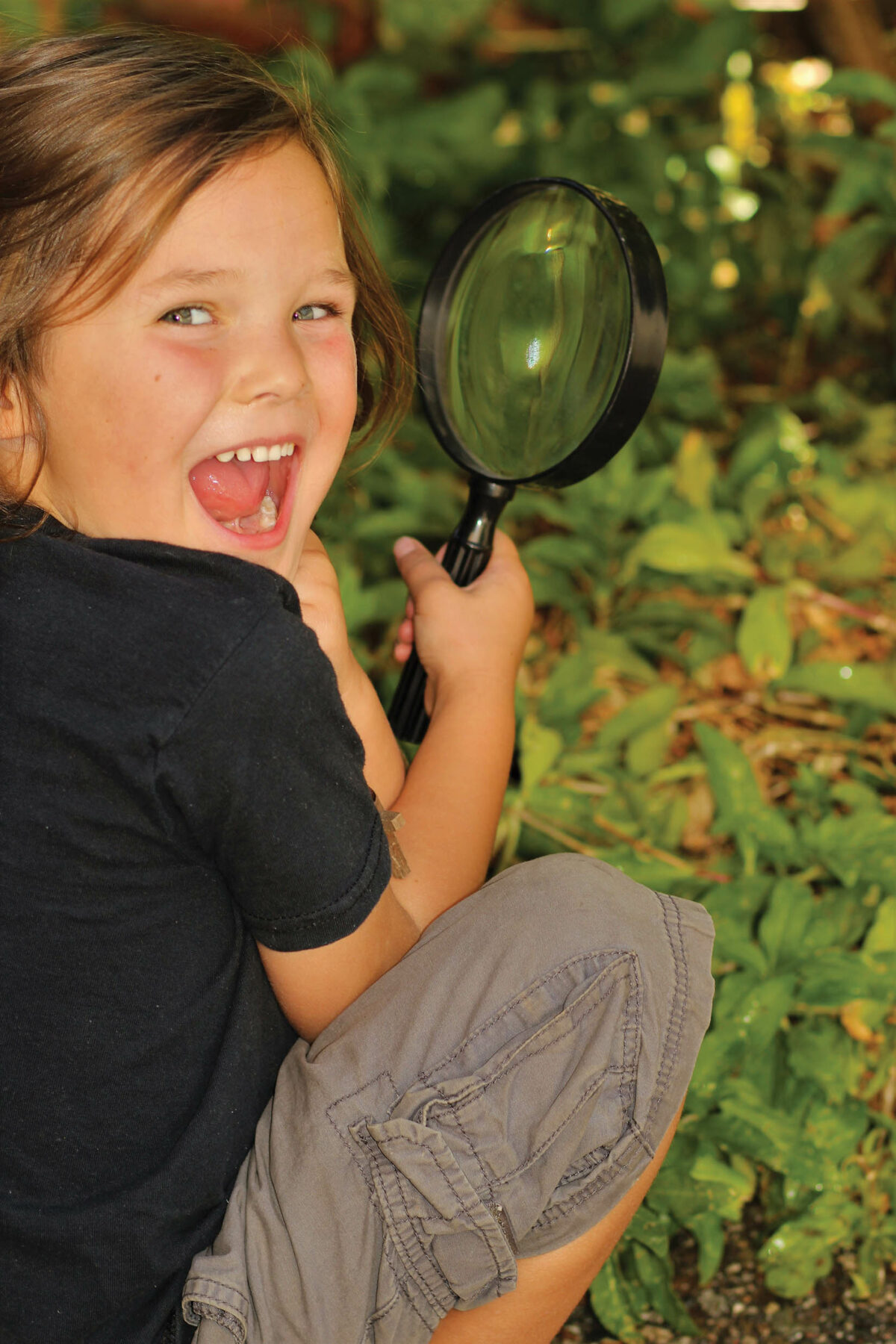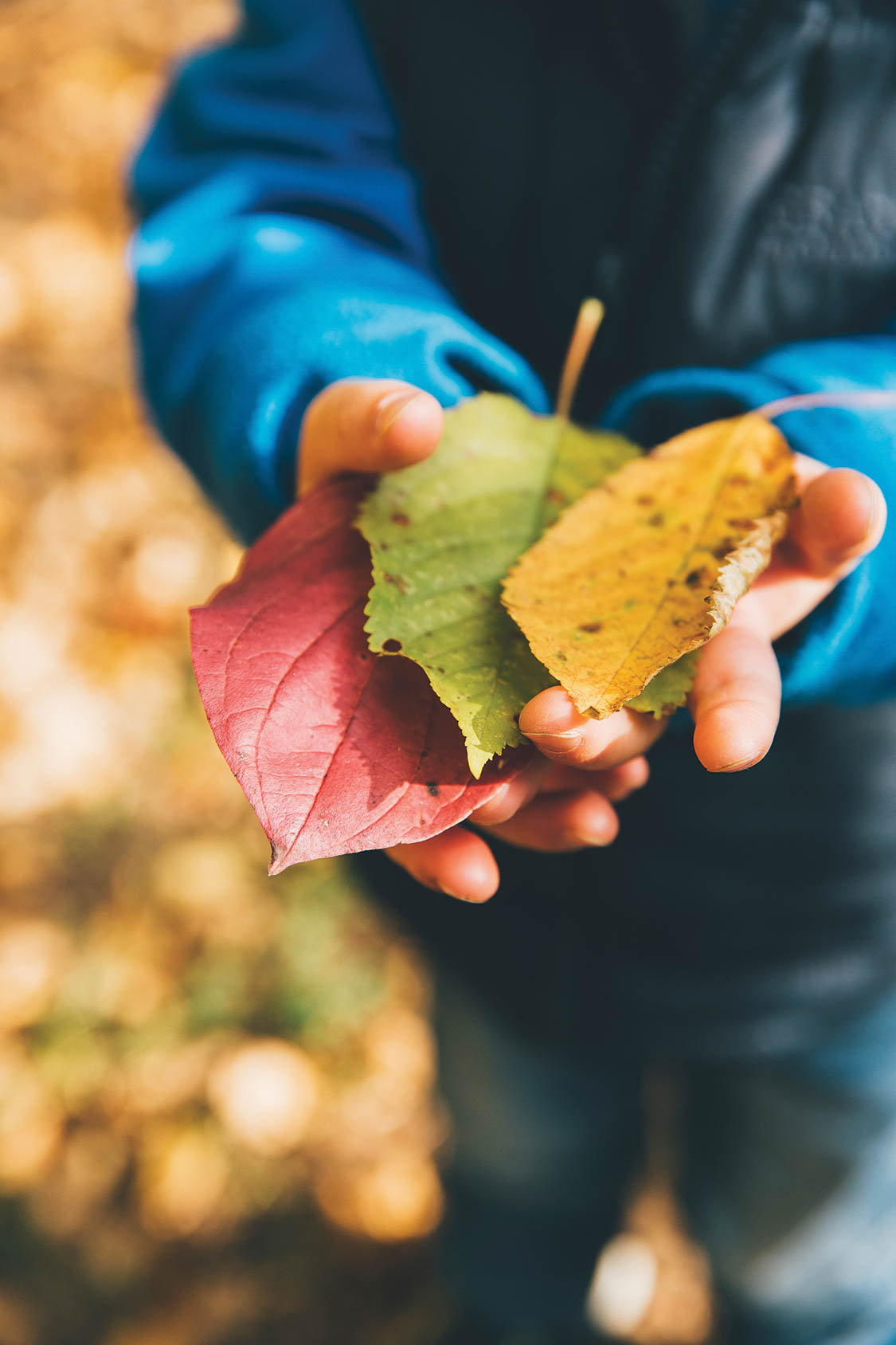The Benefits of Outdoor Learning Environments

Watching children at recess can sometimes seem like watching chaos personified. But the seemingly nonsensical stories and worlds they create are actually quite important to a child’s development. While they may not be learning arithmetic, they are building the base for when they eventually do learn it.
“Outdoor learning environments, at that core, (are) setting the stage to encourage (…) physical activity (…) and cognitive development,” says Michelle Bertelsen, an ecologist with the Lady Bird Johnson Wildflower Center.
Bertelsen says allowing children to develop their own intricate worlds is extremely important for them to develop executive function.
“(Executive function) is the higher function of your brain where you are able to plan, self-regulate things, stay in control of yourself (and) organize things,” Bertelsen says. “These things are all linked and are critical to your ability to do everything else.”

As children play with each other and the world around them, they are actively building a better foundation to improve both emotionally and physically. As children are engaging in outdoor learning, they aren’t just playing in a mud puddle; they are actively creating worlds and building relationships with the other children and the environment around them.
Bertelsen says one childcare center had a pile of dirt accidentally dumped by a contractor, and the children immediately took a shine to it. They began digging tunnels and creating year-long stories. Depending on the weather, they adjusted how they played and interacted with one another, building forts and bridges as rain washed away their previously made tunnels.
“(The school allowed the children to do things) that would cause minor injuries,” Bertelsen says. “They made the conscious decision that (they’re) going to be OK with that because it’s worth it.”
By giving children the free reign to play as they would like, whether that be with a dirt pile or a clump of grass, Bertelsen says teachers had to do less conflict management in comparison to when play was more regimented and controlled.
“Before, when it was, ‘You can’t do this, you can’t do that,’ (the teachers) just spent all their time breaking up fights, trying to keep kids from hurting each other,” Bertelsen says. “After (the teachers) changed this, (the students) started being more focused on what they were building or doing that a lot of that stuff fell away.”
Bertelsen says the students also reported that they were less bored when they were given more freedom. She says one girl had three stumps stacked on top of one another other with some rocks surrounding them. When asked what she was playing, she said, “Obviously it’s H-E-B and these are the shoppers.”
As children are learning in an outdoor environment, it allows their brains to feel more open to learning. There is less stress involved and so they feel more inclined to learn.
“It’s easier to learn outside (…) even just going out in a more natural environment brings your stress level down,” Bertelsen says. “If you feel stressed or hemmed in, your brain is not willing to learn; it’s in flight or fight, so anything you can do to bring stress down (helps) and going outside is one way to do that.”
The earlier a child starts learning outdoors, the better prepared they are for the future. There are age-appropriate modifications for little children of course, but part of the development of a baby is allowing them to crawl and explore the world.
“You want (your child) to navigate uneven surfaces to learn how to use their bodies, and they will be more sure-footed later on (and) more able to do things,” Bertelsen says. “And they will absolutely fall. But if you deprive them of uneven, unstable surfaces, that’s how they learn to balance; that’s how they learn what their bodies can and can’t do.”
That same idea continues throughout childhood and into adolescence. Bertelsen says the sooner a child learns what their bodies are capable of, the better prepared they are for the future.
“Outdoor learning is just natural exploration,” Bertelsen says. “By natural, I don’t mean external nature, but the natural way a kid explores and learns.”






